Writing for publication in peer-reviewed journals is increasingly recognised as important for postgraduate students’ career development. To encourage PhD students to write and submit during their thesis research, more and more UK universities has formally started to accept PhD theses by publication, or a hybrid model of both academic papers and purposely written chapters in a PhD thesis. For example, both the University of Bath and Bournemouth University offer a hybrid thesis [1-2], whilst Bournemouth University offers separately the opportunity to submit a PhD by Publication. The papers included in such theses can be: (1) published; (2) accepted/published online first; (3) submitted; or (4) in final draft form for submission. Published papers, due to the nature of journal word limits are usually much shorter and less detailed than traditional PhD chapter. The specifically written chapters, such as the Introduction, Discussion, Conclusion and Recommendations chapter, and occasionally a Methods chapter will provide the reader (read ‘the examiner’) with further insights into the background of the research and offer details the student had to omit from published papers due to word limit restrictions. Students may also opt to offer a short explanatory text before or after individual paper. The overall Discussion chapter should aim to fully contextualise and integrate all papers into the thesis.
It is easy to see that these new format theses may require some adjustment from UK academics examining them. Below I have listed some of the key issue a PhD examiner may want to consider in a PhD by Publication, such as the notion of integration and repetition, how the critique published papers, especially in quality peer-reviewed journals, and the nature and content of purposely written chapters.
Integration/duplication
Individual papers are free-standing, i.e. they must give enough information about the research question and methods to make sense to the reader. This means that four papers from the same study in a thesis may appear as both disjointed and repetitive at the same time. Moreover, details on background and methods are often minimal in papers presenting results. This offers the examiner an opportunity to ask questions such as:
- How do the included papers relate to each other in terms of subject matter or theoretical underpinning?
- Do the included papers together result in a cohesive narrative?
It is worth looking at difference between the included papers. One of my former students included two qualitative papers, both originating from the same dataset (i.e. the same interviewees) but each paper presented the data analysed in a different way. The reviewers of the second paper had suggested a different approach to the analysis and the candidate had decided that it was worth the considerable amount of extra work. This was obviously a topic for debate in the viva.
Peer-reviewed journal articles
It can be daunting for a less experienced examiner to critique an included paper that has been peer-reviewed and published in a prestigious journal in one’s discipline. Perhaps a starting point could be to ask the candidate what the peer reviewers said when the manuscript was first submitted. Did you receive and conflicting comments from reviewers or the editor? The examiner may want to ask for further details of published paper, e.g. “I know you probably had word-length issues for paper X, but why didn’t you expand on the detailed analysis in the Discussion chapter you included in the thesis?” Interestingly, the University of Bath states that “Examiners are entitled to specify corrections to any part of the thesis… including parts submitted for publication, or already published” [1]. The latter does not mean changing the published paper, but perhaps adding a comment or explanation to the Discussion chapter or to the text introducing that particular paper.
In many discipline academic papers as co-authored, hence you would expect co-authored papers in a PhD by Publication. This offers to examiner the opportunity to ask about the candidate’s unique contribution to that paper. Occasionally, one of the included papers may not list the candidate as first author. If this is the case in one of the four or five included papers this is not problem per se, but worth asking the same question to the candidate: “What is your unique contribution to the paper?”
Another potential issue to look out for in a PhD by Publication is so-called salami-slicing [3], especially if the candidate has published several small parts of the thesis study in different small papers where a single paper would have been more appropriate.
Written chapters
The examiner may want to start by focusing on the candidate’s Introduction, Discussion, or Conclusion chapters. Or the overall Methods chapter if there is one. Typically, a PhD by Publication has an Introduction, four or more papers, an overarching Discussion perhaps a short Conclusion. What is often missing is a Methodology and Methods chapter. Since individual papers have only basic methods section of a few hundred words, there is little detail in each paper, let alone nuance in the methods. Often methodological issues and reflections are missed, as are more subtle aspects of research ethics. These are key topics to raise in the viva.
Professor Edwin van Teijlingen
CMWH (Centre for Midwifery & Women’s Health)
Acknowledgements: I would like to thank my colleague Dr. Ann Luce, Associate Professor in Journalism and Communication at Bournemouth University for her encouraging me to write this blog post.
References:
- University of Bath: https://www.bath.ac.uk/publications/guidelines-for-research-examiners/attachments/Guidelines_for_Examiners_of_Doctoral_Degrees_Nov19.pdf
- Bournemouth University (2021-22) 8A Code of Practice for Research Degrees (Policy, Procedure and Guidelines). https://intranetsp.bournemouth.ac.uk/pandptest/8a-code-of-practice-for-research-degrees.pdf
- Tolsgaard, M.G., Ellaway, R., Woods, N., Norman, G. (2019) Salami-slicing and plagiarism: How should we respond?. Advance in Health Sciences Education 24: 3–14. https://doi.org/10.1007/s10459-019-09876-7
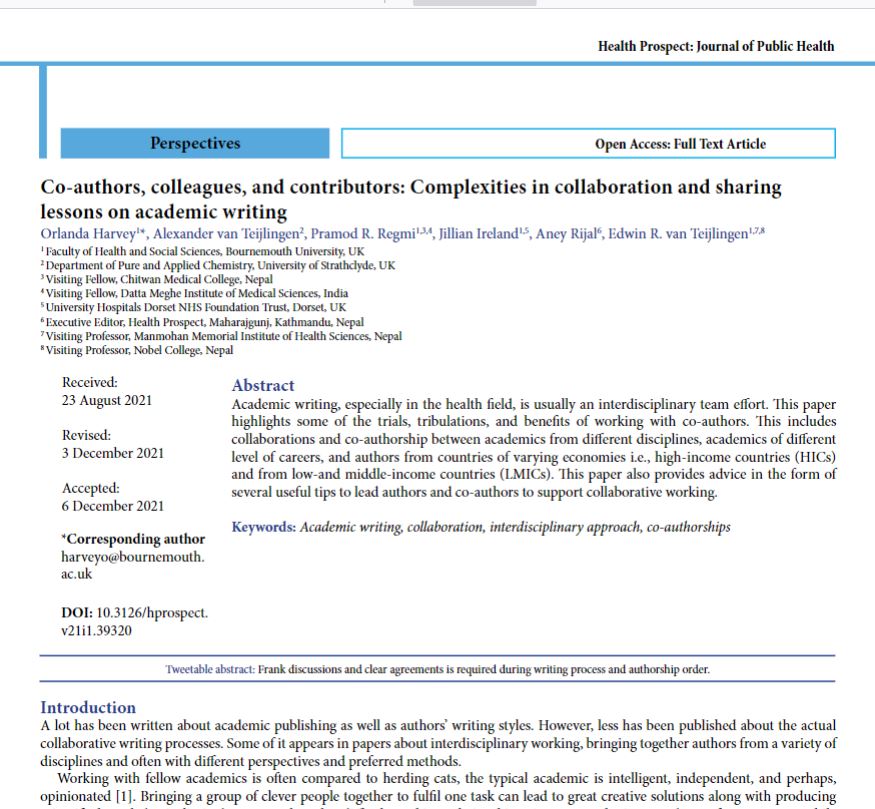
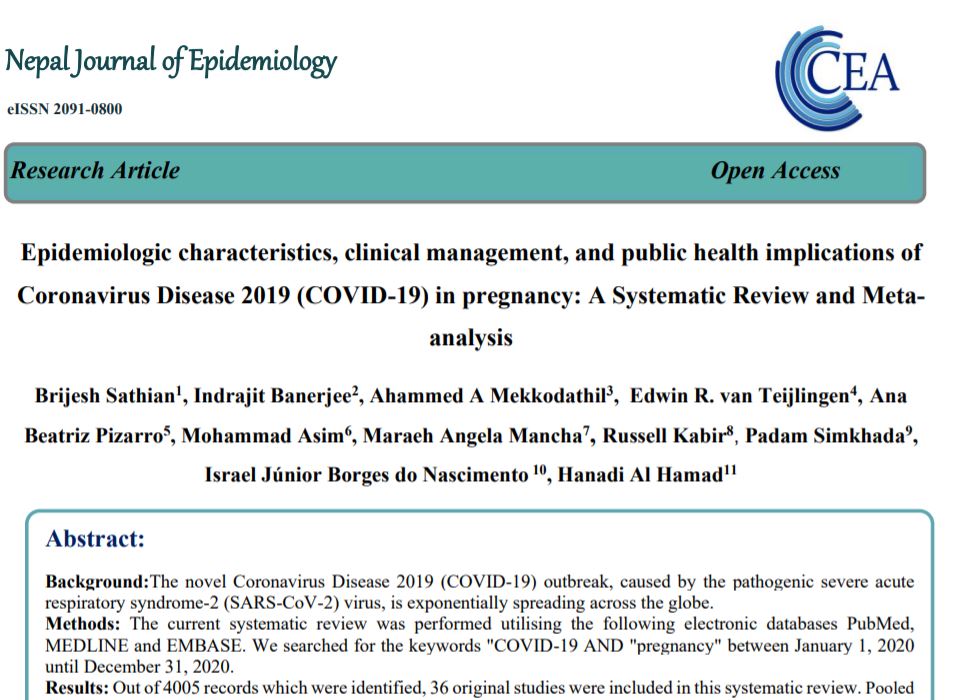 This review covered the published literature on the epidemiology, clinical management and public health prevention aspects of pregnancy and childbirth and coronavirus (COVID-19) up until December 2020. We worked hard and fast to submit the paper as soon as possible after the end of 2020 to be able to publish up-to-date findings. We managed this and submitted the paper on March 5th, the peer-review took some months and so did the making of the revisions. As a result we resubmitted the manuscript of 29 September and we got the acceptance email within a week. We made it into the next issue of the Nepal Journal of Epidemiology which published exactly one year after the data collection period had ended for our systematic review.
This review covered the published literature on the epidemiology, clinical management and public health prevention aspects of pregnancy and childbirth and coronavirus (COVID-19) up until December 2020. We worked hard and fast to submit the paper as soon as possible after the end of 2020 to be able to publish up-to-date findings. We managed this and submitted the paper on March 5th, the peer-review took some months and so did the making of the revisions. As a result we resubmitted the manuscript of 29 September and we got the acceptance email within a week. We made it into the next issue of the Nepal Journal of Epidemiology which published exactly one year after the data collection period had ended for our systematic review.
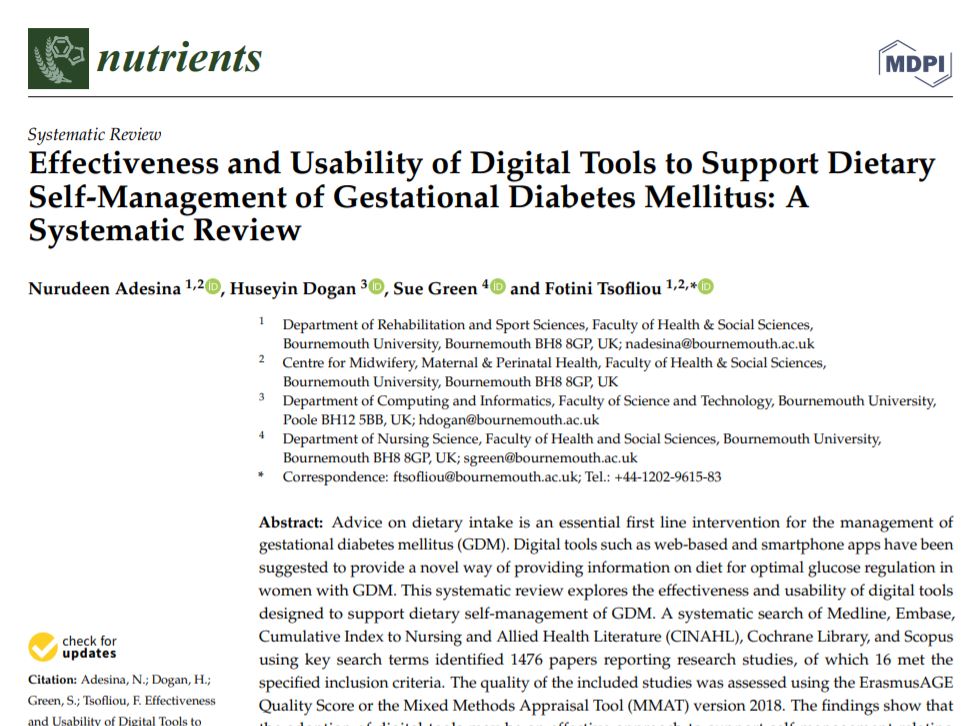
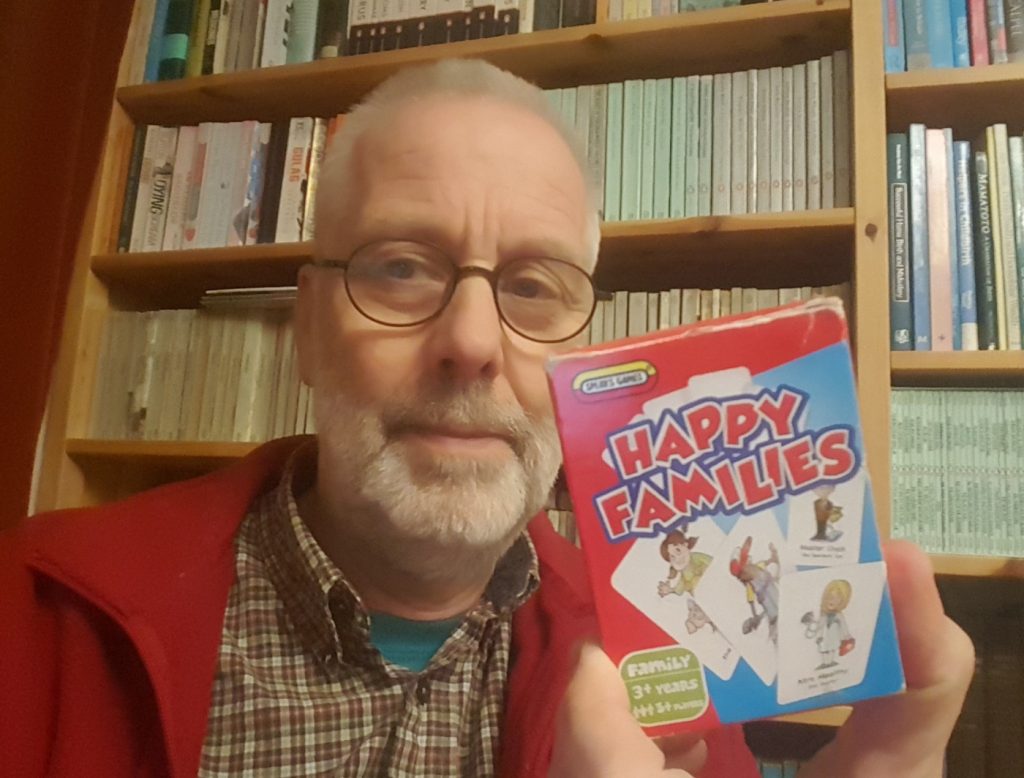
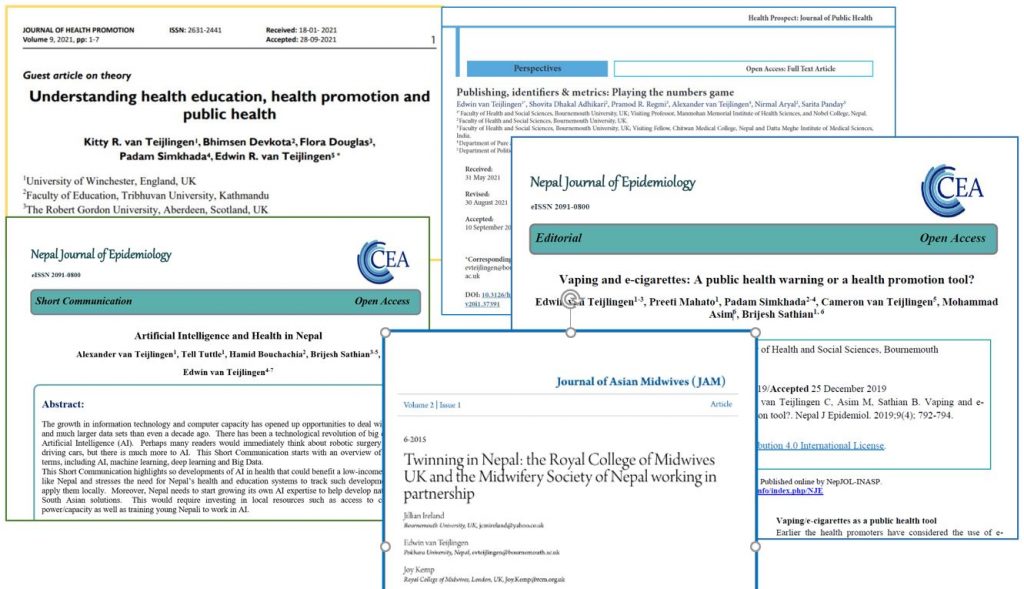

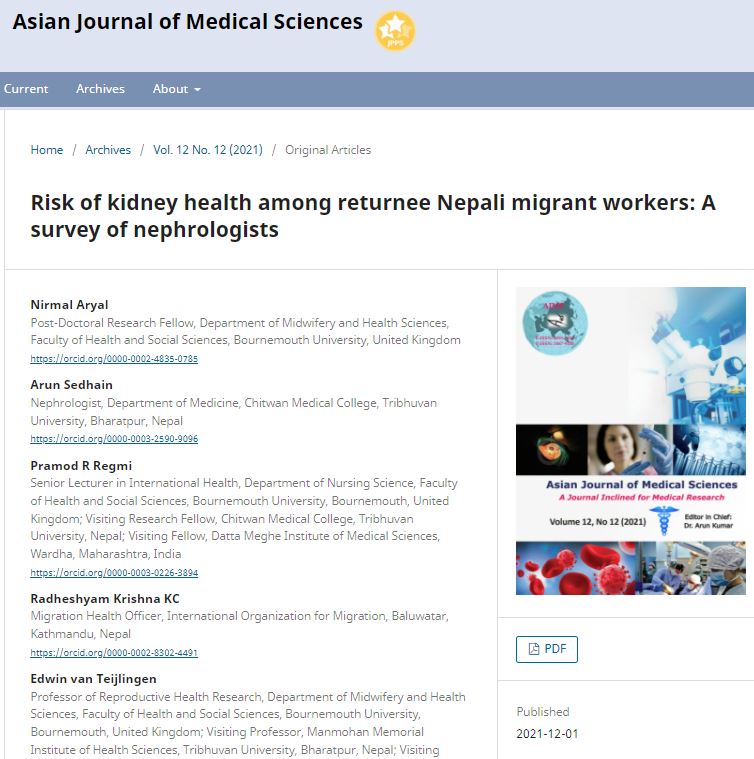

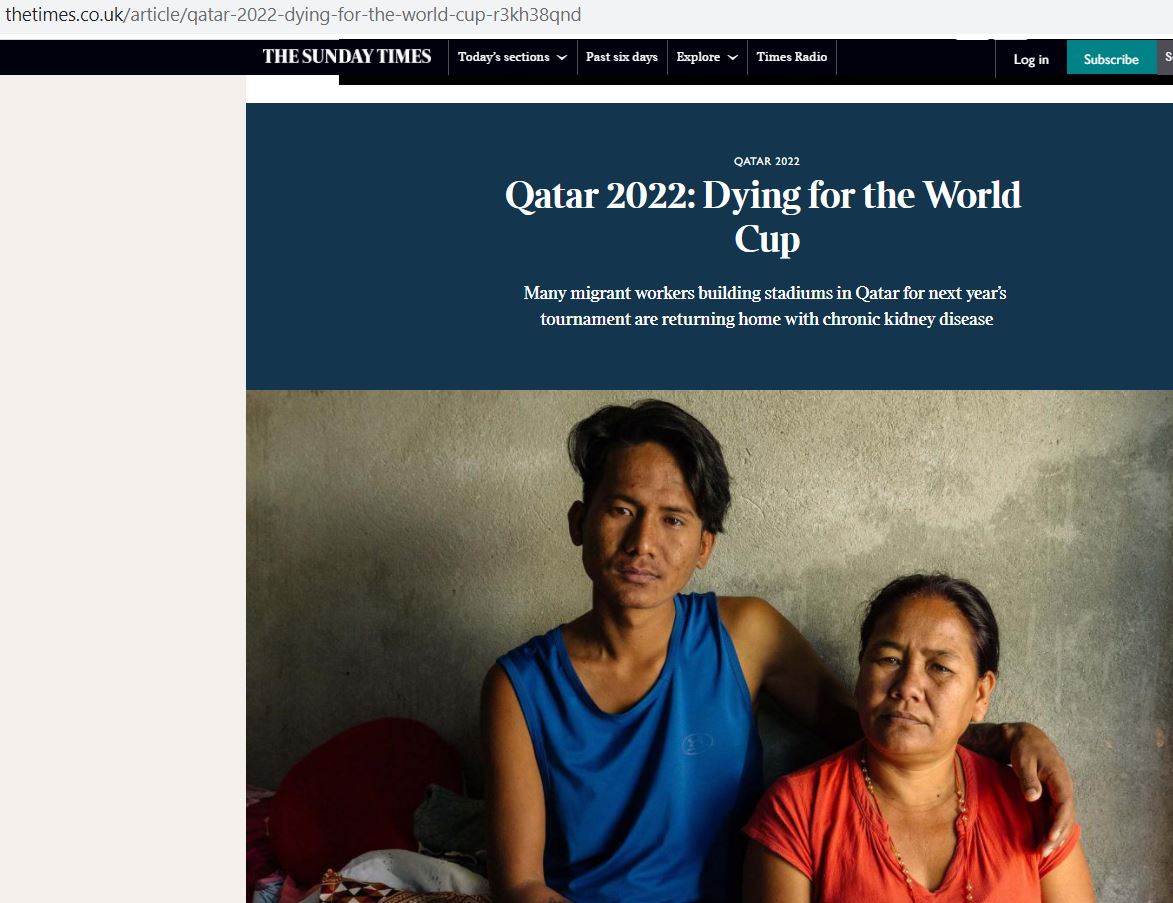
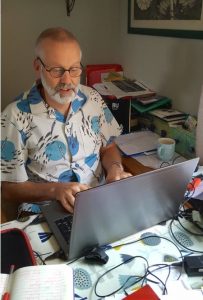
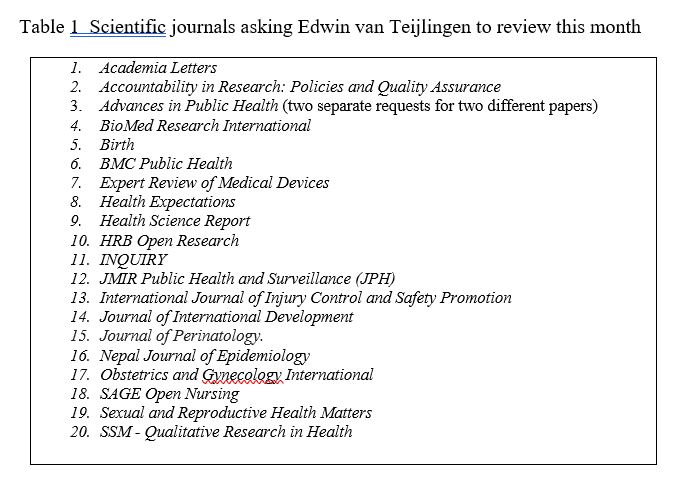
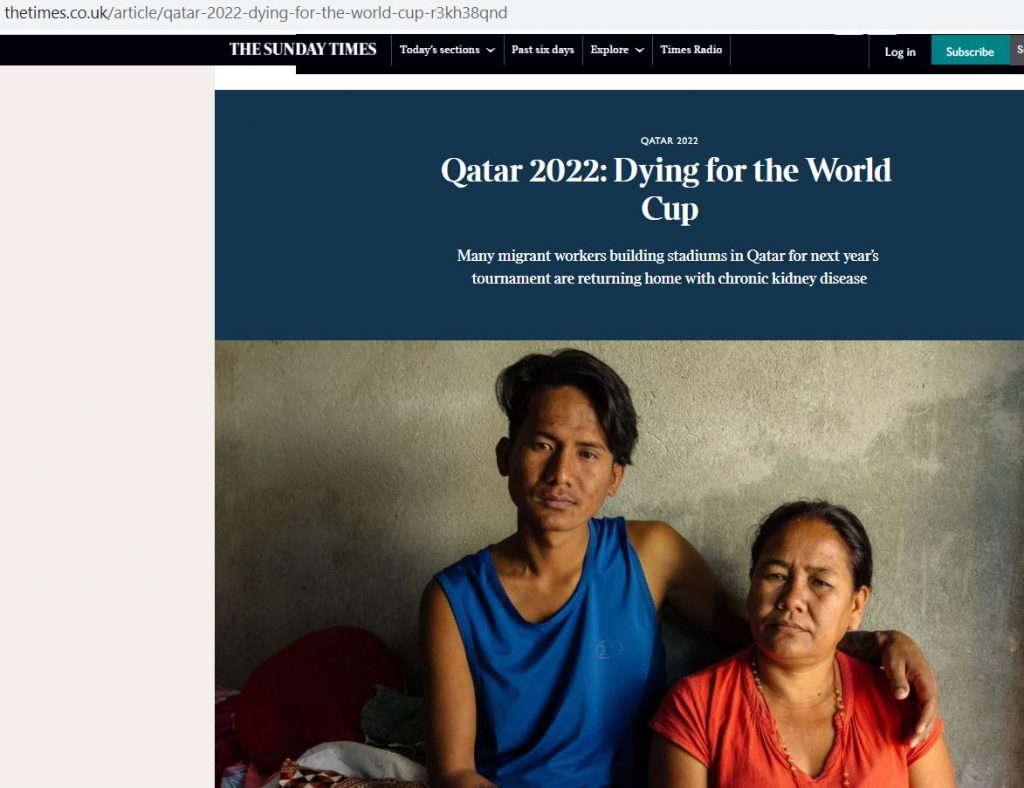

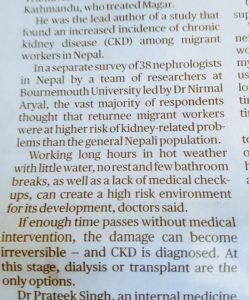
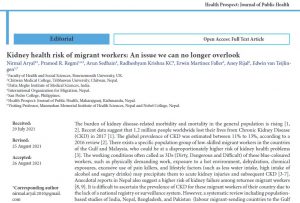
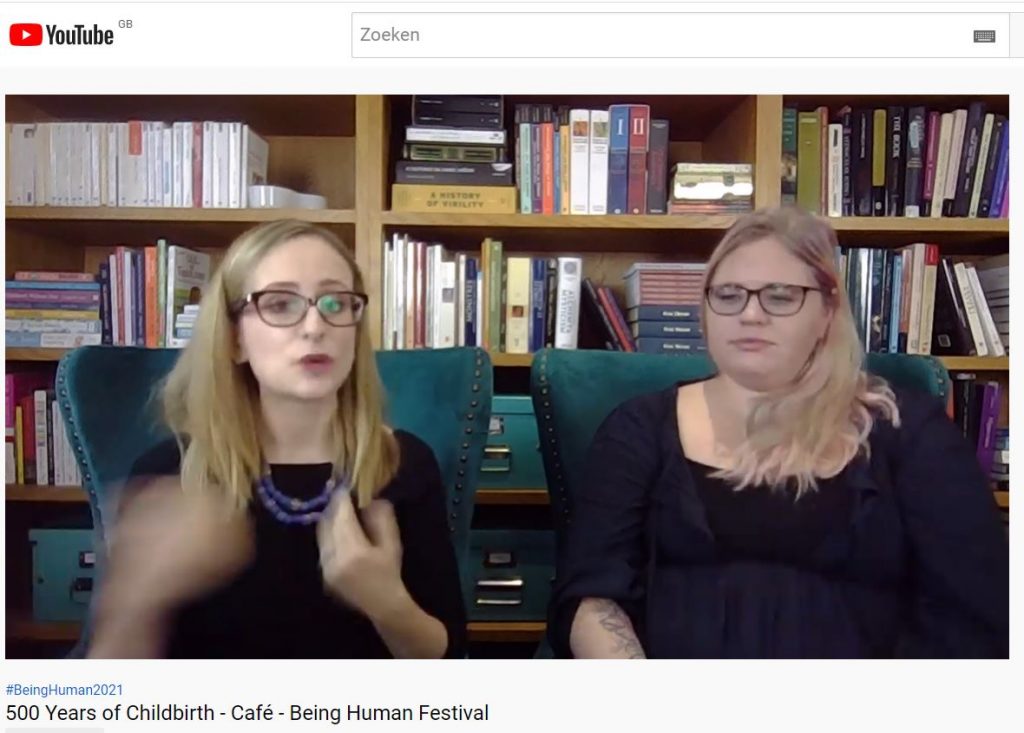
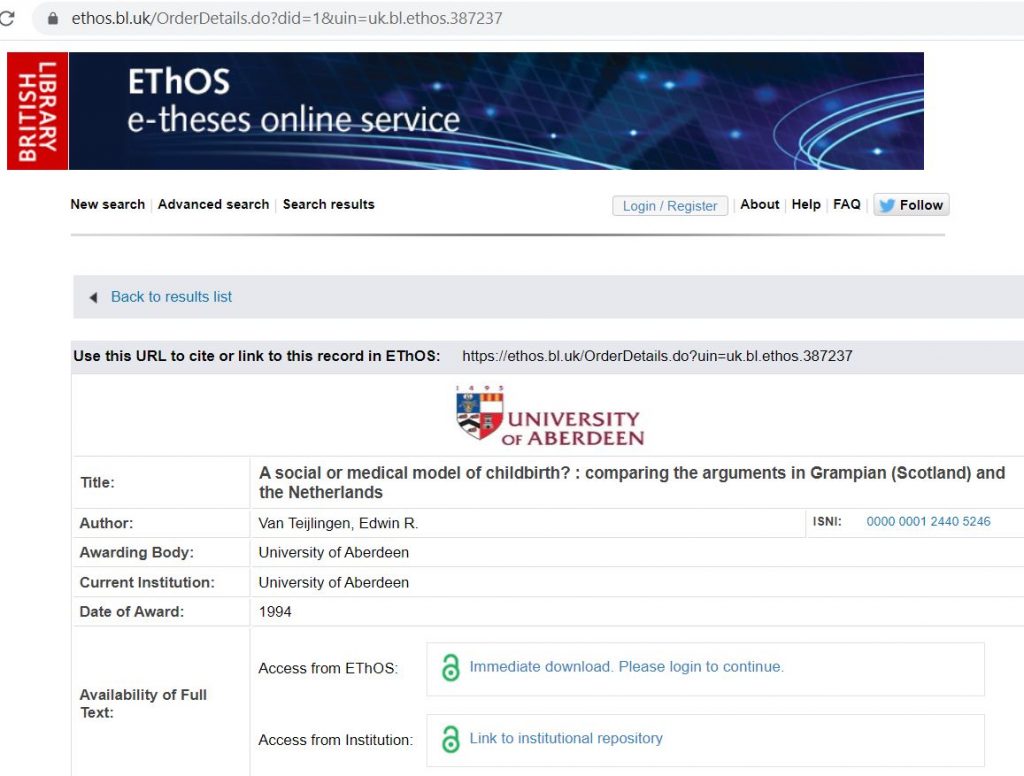
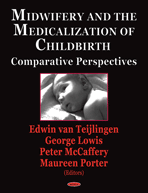

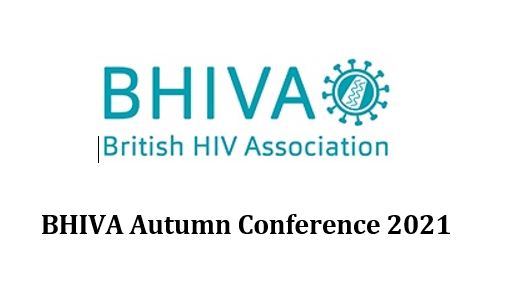


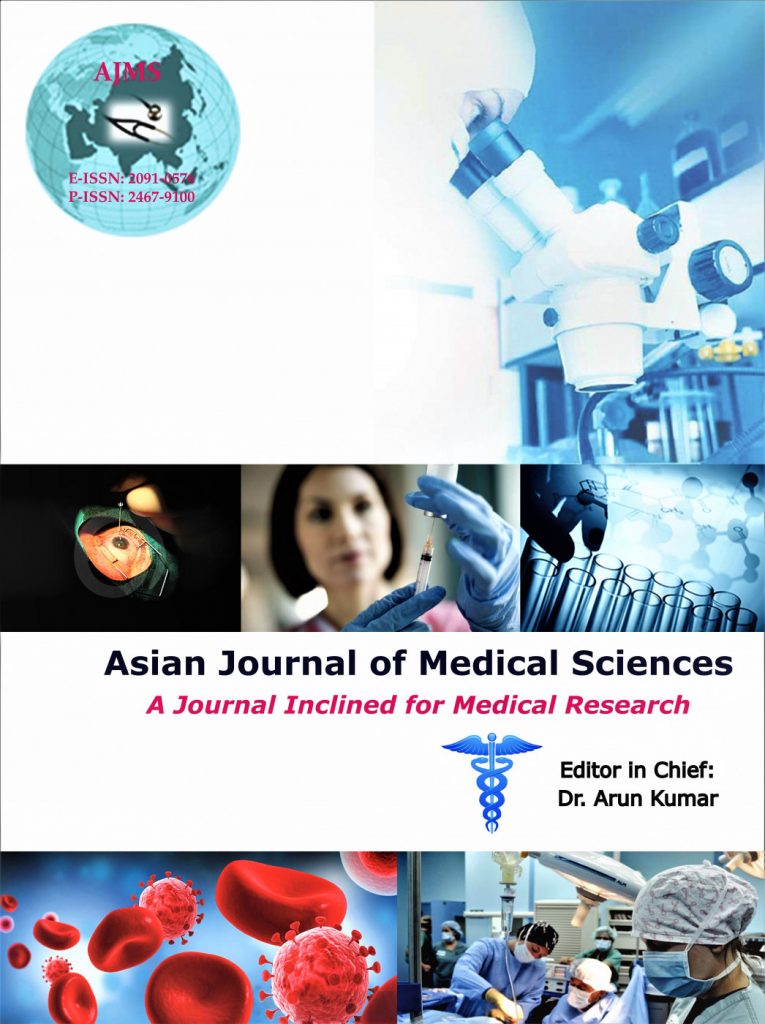
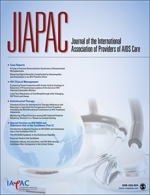

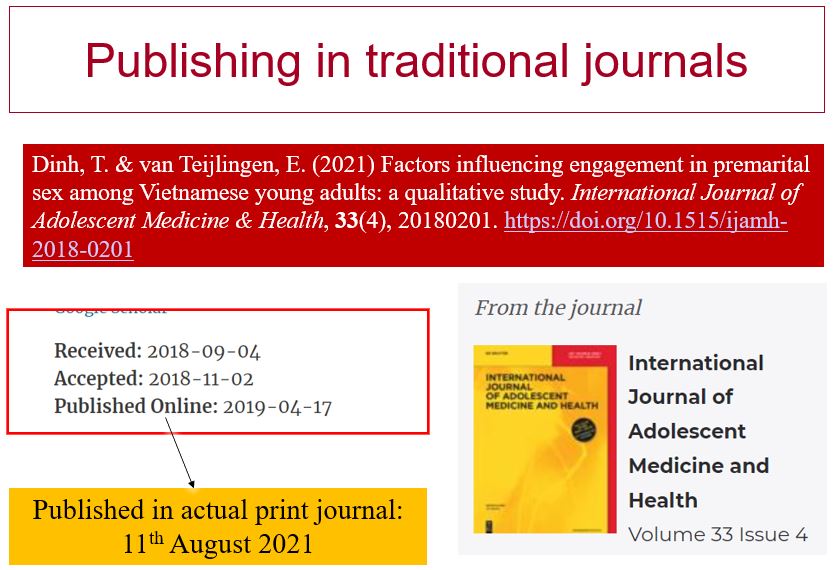
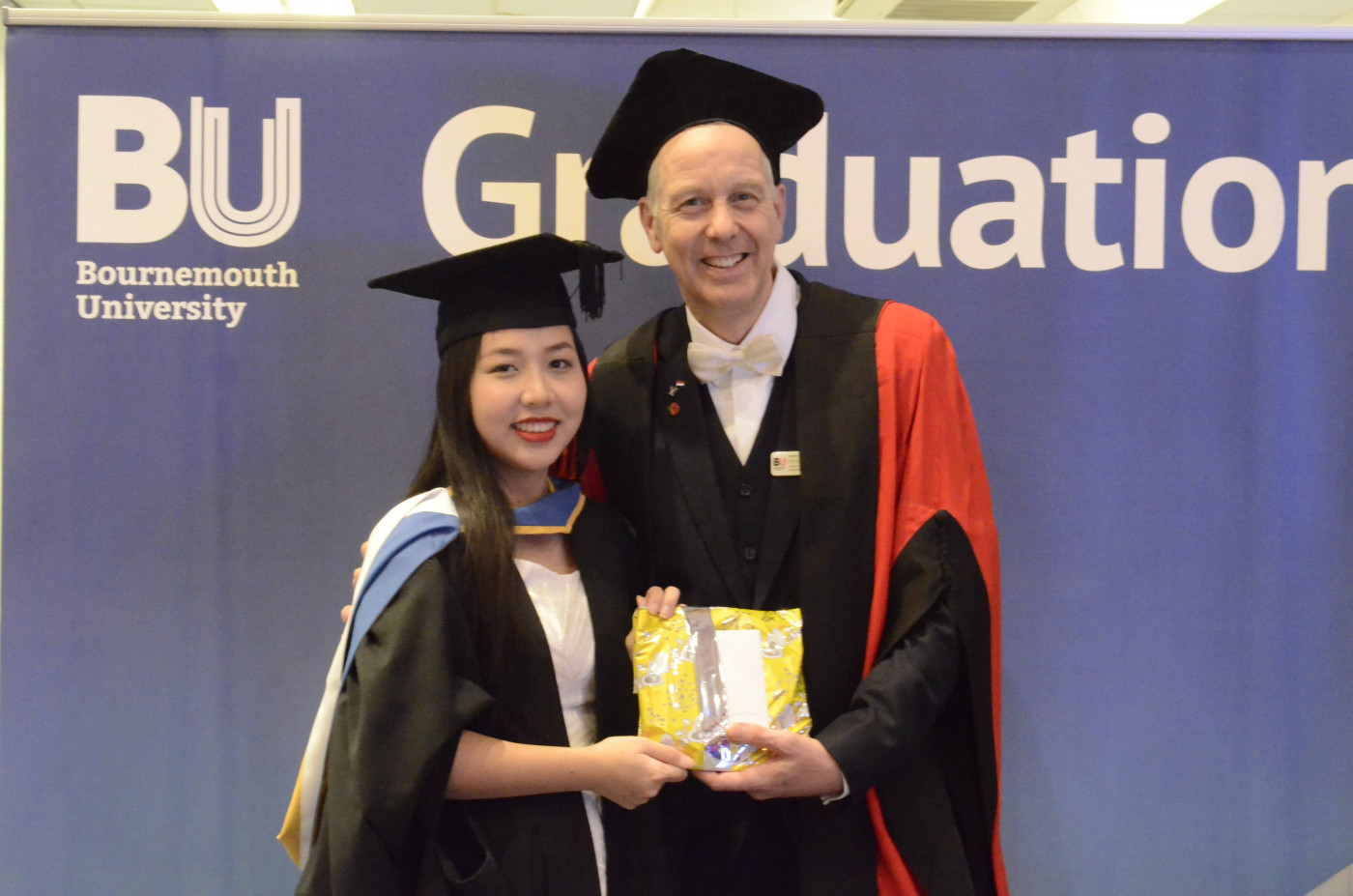
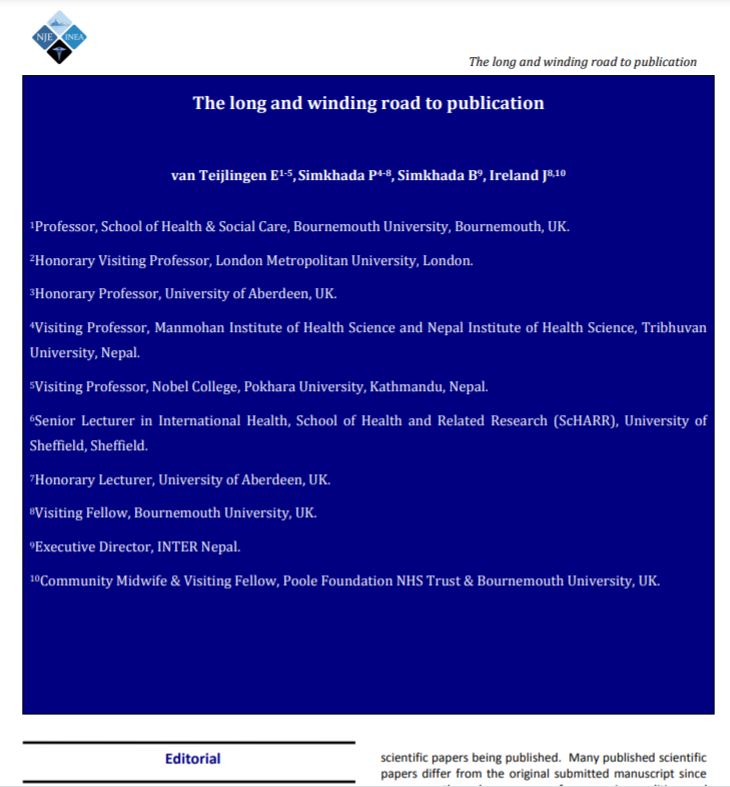











 SPROUT: From Sustainable Research to Sustainable Research Lives
SPROUT: From Sustainable Research to Sustainable Research Lives BRIAN upgrade and new look
BRIAN upgrade and new look Seeing the fruits of your labour in Bangladesh
Seeing the fruits of your labour in Bangladesh Exploring Embodied Research: Body Map Storytelling Workshop & Research Seminar
Exploring Embodied Research: Body Map Storytelling Workshop & Research Seminar Marking a Milestone: The Swash Channel Wreck Book Launch
Marking a Milestone: The Swash Channel Wreck Book Launch ECR Funding Open Call: Research Culture & Community Grant – Application Deadline Friday 12 December
ECR Funding Open Call: Research Culture & Community Grant – Application Deadline Friday 12 December MSCA Postdoctoral Fellowships 2025 Call
MSCA Postdoctoral Fellowships 2025 Call ERC Advanced Grant 2025 Webinar
ERC Advanced Grant 2025 Webinar Update on UKRO services
Update on UKRO services European research project exploring use of ‘virtual twins’ to better manage metabolic associated fatty liver disease
European research project exploring use of ‘virtual twins’ to better manage metabolic associated fatty liver disease